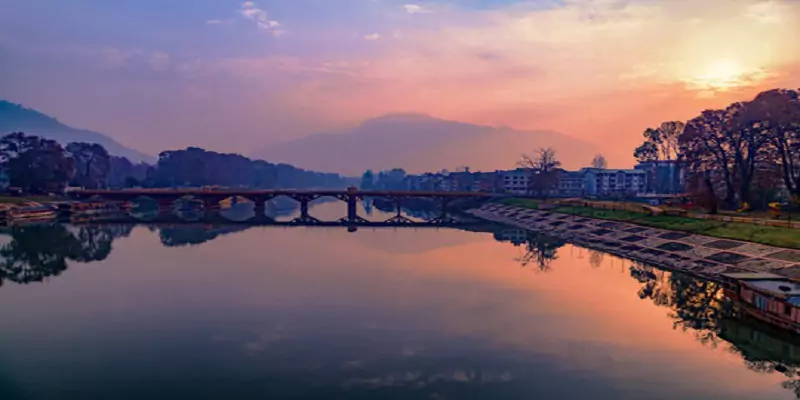Jhelum
Jhelum, a city in the Punjab province of Pakistan, is situated on the eastern bank of the Jhelum River. This historic city is not only known for its picturesque landscapes but also for its rich cultural heritage, historical significance, and economic importance. With a population that reflects the diversity of the region, Jhelum is a melting pot of cultures, traditions, and history that have shaped its identity over the centuries.
Geographically, Jhelum occupies a strategic location in the heart of Punjab, contributing to its historical and cultural significance. The city's name itself is derived from the Jhelum River, which flows through it, adding to the natural beauty of the surroundings. The river, originating from the Himalayas, plays a crucial role in the agriculture and irrigation systems of the region, making Jhelum an essential hub for agricultural activities.
The history of Jhelum can be traced back to ancient times, with evidence of human habitation dating back to the prehistoric period. The region has been witness to various civilizations, including the Indus Valley Civilization, which flourished along the banks of the river thousands of years ago. Over time, Jhelum became a significant center during the Achaemenid and Mauryan empires, with its strategic location making it a crucial point for trade and military endeavors.
One of the most prominent historical landmarks in Jhelum is the Rohtas Fort, a UNESCO World Heritage Site. Built by the Afghan king Sher Shah Suri in the 16th century, the fort stands as a testament to the architectural brilliance of that era. The imposing structure, with its massive walls and strategic design, was constructed to prevent the return of the Mughal emperor Humayun to India. Today, Rohtas Fort attracts tourists and history enthusiasts from around the world, offering a glimpse into the military and cultural history of the region.
Jhelum is also known for its religious diversity, with numerous temples, mosques, and gurdwaras scattered throughout the city. The city's religious harmony is a testament to the coexistence of different faiths, adding to the cultural tapestry of Jhelum. The Tilla Jogian, a sacred hill associated with the Hindu sage Gorakhnath, is a revered pilgrimage site for Hindus, while the city's mosques, such as the Masjid Abdullah Khan, showcase the Islamic architectural influence.
The local cuisine of Jhelum is a delightful blend of traditional Punjabi flavors. From mouthwatering kebabs to rich gravies and aromatic biryanis, the culinary scene reflects the cultural diversity of the region. Street markets and local eateries offer a chance to savor authentic Punjabi dishes, providing a unique gastronomic experience for visitors.
Jhelum's economy is primarily agrarian, with fertile lands along the riverbanks supporting the cultivation of crops such as wheat, rice, and sugarcane. The Jhelum River, serving as a lifeline for the agricultural sector, also facilitates trade and transportation. The city has seen infrastructural development in recent years, contributing to the growth of small businesses and industries. The bustling bazaars and markets are a testament to the economic vibrancy of Jhelum.
Education is another pillar of Jhelum's progress, with several schools, colleges, and universities providing quality education to the local population. The emphasis on education reflects the city's commitment to empowering its residents and preparing the younger generation for a brighter future. The city has witnessed a rise in literacy rates, fostering intellectual and cultural development.
Despite its historical and cultural significance, Jhelum faces challenges common to many growing cities. Urbanization, environmental concerns, and infrastructure development are areas that require careful attention for sustainable growth. The city's authorities are working towards addressing these challenges while preserving the unique heritage that makes Jhelum a standout destination.
Jhelum, Pakistan, is a city that encapsulates the essence of Punjab's rich history, cultural diversity, and economic vitality. From the ancient Rohtas Fort to the modern developments shaping its future, Jhelum stands as a testament to the resilience and adaptability of a city that has witnessed the ebb and flow of civilizations. As Jhelum continues to evolve, it remains a captivating destination for those seeking a blend of history, culture, and natural beauty in the heart of Pakistan.

